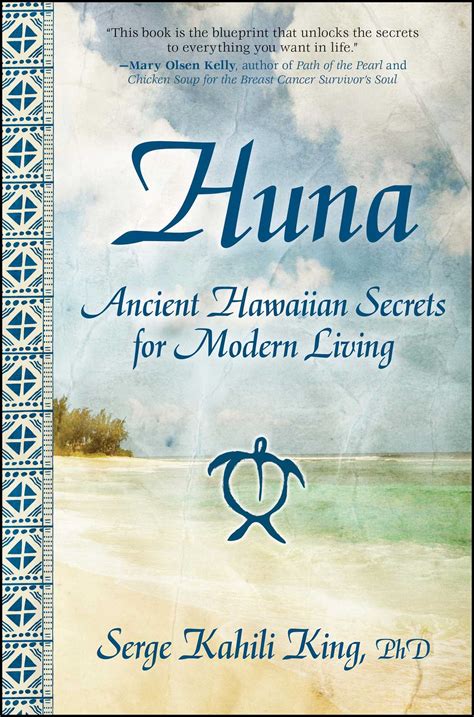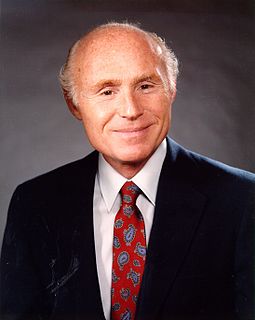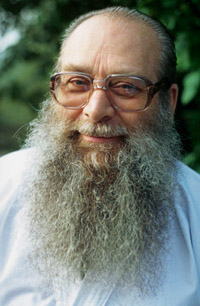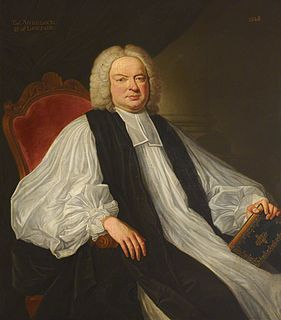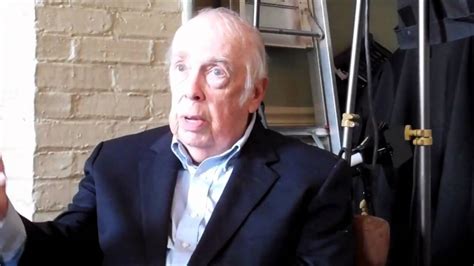A Quote by Paul Krugman
Yes, over the centuries economic progress has reduced some gross disparities - modern Americans are relatively unlikely to simply starve to death (though it can happen), so in that sense the gap between rich and poor has narrowed. But the question isn't whether society is, in some sense, more equal than it was in 1900. It's whether it is radically more unequal than it was in 1970. And of course it is.
Related Quotes
Many things in your life matter, but only one thing matters absolutely.It matters whether you succeed or fail in the eyes of the world. It matters whether you are healthy or not healthy, whether you are educated or not educated. It matter whether you are rich or poor - it certainly makes a difference in your life. Yes, all these things matter, relatively speaking, but they don't matter absolutely.There is something that matters more than any of those things and that is finding the essence of who you are beyond that short-lived entity, that short-lived personalized sense of self.
"Once there, always there", would give you less freedom than you recently enjoyed, but more security. Security not in the sense of safety from terrorists, burglars, or pickpockets... but security in the sense of knowing where you are, who you are, on what kind of future you can count, what will happen, whether you will preserve your position in society or whether you will be degraded and humiliated - this sort of security. This sort of security for many, many people - a rising number of people - looks at the moment more attractive than more freedom.
The great question for our time is, how to make sure that the continuing scientific revolution brings benefits to everybody rather than widening the gap between rich and poor. To lift up poor countries, and poor people in rich countries, from poverty, to give them a chance of a decent life, technology is not enough. Technology must be guided and driven by ethics if it is to do more than provide new toys for the rich.
Nowadays, we are confronted by a huge gap between rich and poor. This is not only morally wrong, but practically a mistake. It leads to the rich living in anxiety and the poor living in frustration, which has the potential to lead to more violence. We have to work to reduce this gap. It's truly unfair that some people should have so much while others go hungry.
Over the course of more than 200 years, it has found a right to equal education regardless of race. It has guaranteed an attorney and a fair trial to all Americans, rich and poor alike. It has allowed women to keep private medical decisions private. And it has allowed Americans to speak, vote and worship without interference from their government.
We always say we are equal in front of death, but when you are rich, for example, and you have everybody taking care of you, I think that you suffer much less. It must be much more painful to die when you are poor than when you are rich. But when your heart is broken, you can be rich, poor, whatever - a broken heart, we are all equal in front of it. And I think there is no subject more serious.
There is not such a mighty difference as some men imagine between the poor and the rich; in pomp, show, and opinion, there is a great deal, but little as to the pleasures and satisfactions of life. They enjoy the same earth and air and heavens; hunger and thirst make the poor man's meat and drink as pleasant and relishing as all the varieties which cover the rich man's table; and the labor of a poor man is more healthful, and many times more pleasant, too, than the ease and softness of the rich.
Demands for equal financing of sewers, streets, and garbage collection would make more sense than proposals for equal financing of the schools, since some plausible connection may be inferred between the amount of money expended, e.g., for roads, and the quality of service resulting to the taxpayer.
Plato in his dialogue The Phaedo says that whereas sticks and stones are both equal and unequal, (so maybe what that means is that each stick is going to be equal to some other sticks and unequal to some other sticks, so equal to the stick on the left maybe but shorter than the stick on its right) the form of equal is going to be just equal, and it won't partake of inequality at all. And it will be the cause of equality in things that are equal, for example, equal sticks and stones.
Any nation that expects to be ignorant and free," Jefferson said, "expects what never was and never will be." And if the gap between the educated and the uneducated in America continues to grow as it is in our time, as fast as or faster than the gap between the rich and the poor, the gap between the educated and the uneducated is going to be of greater consequence and the more serious threat to our way of life. We must not, by any means, misunderstand that.
The ordinary man is living a very abnormal life, because his values are upside down. Money is more important than meditation; logic is more important than love; mind is more important than heart; power over others is more important than power over one's own being. Mundane things are more important than finding some treasures which death cannot destroy.




